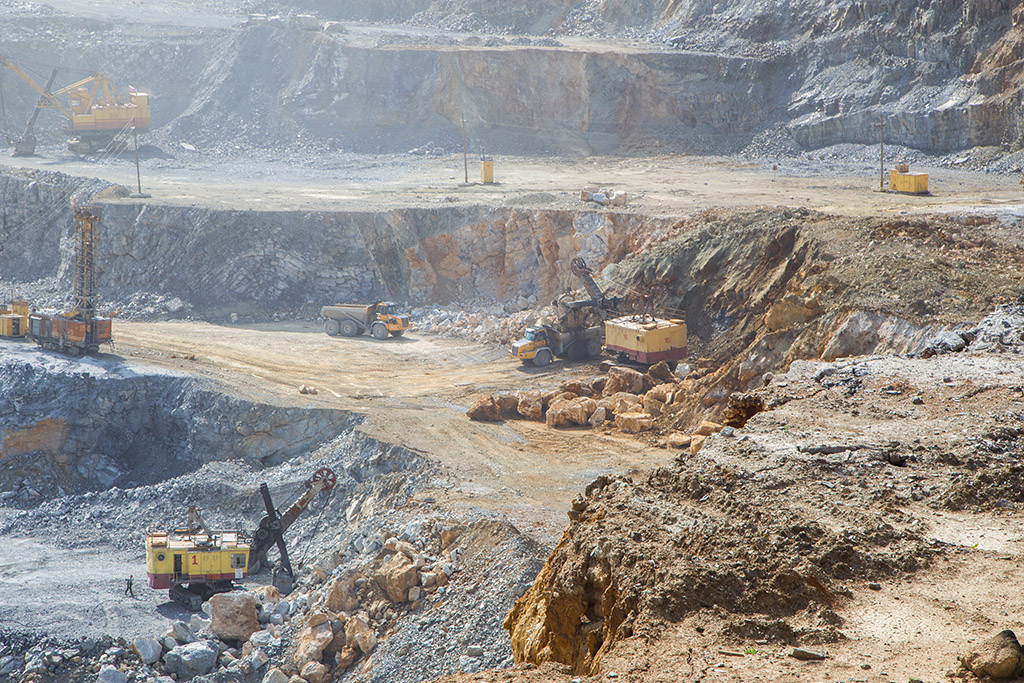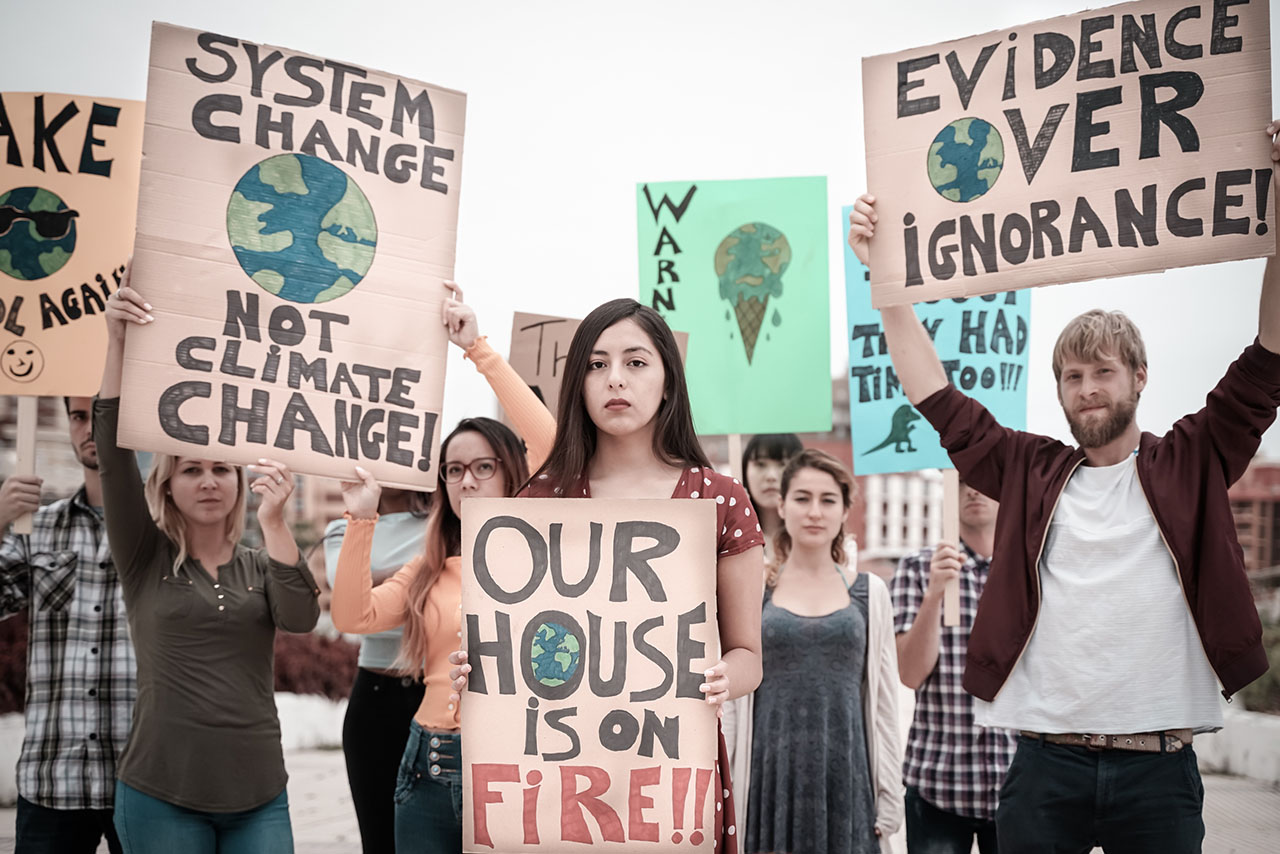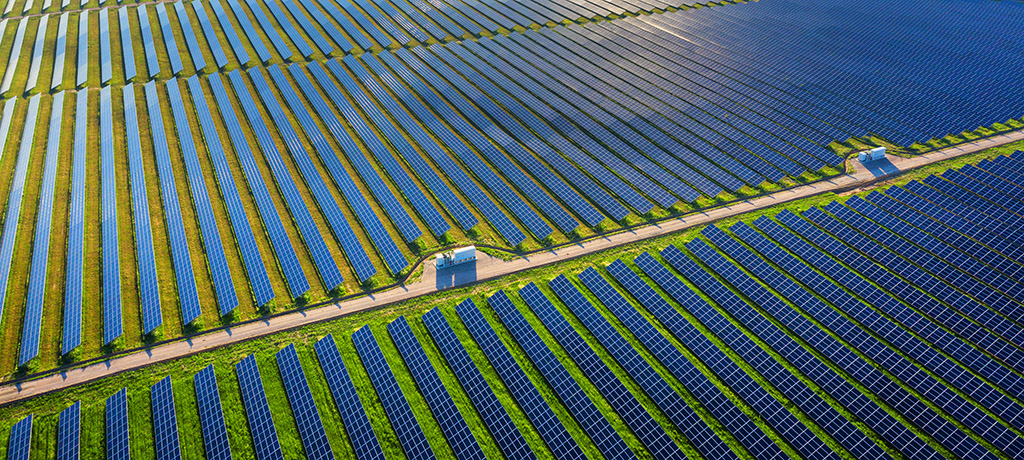Sustainability has become one of the key words in the climate debate. Research often focuses on how certain ecosystems or resources can be managed sustainably, meaning in such a way that their core functions can be preserved in the long-term. However, the idea of sustainability also has a distinct normative core. This normative component can be seen when we ask in what respect something should be sustainable and for which reason. Often, the answers will reveal anthropocentric values in that what is being preserved are those functions and resources that are of value to humans. For example, sustainable forestry aims at ensuring that there is wood supply in the long run. Other answers might leave this frame and assign value to natural systems outside of their usefulness to humans. In those cases, sustainability might refer to ecosystems apart from their functions that are useful for human well-being and activity. Aiming at preserving a high biodiversity can count among these sustainability goals. Thus, talking about sustainability also always means to talk about the values that should be sustained and about how we view the relation between humans and nature. Climate change increasingly forces us to question our basic assumptions in these areas as well as the institutions and systems that are built on them. Growth-driven capitalism and the idea of a human-nature dichotomy, for instance, are being replaced with a new focus on the interrelatedness of humans and nature, the importance of nature stewardship, and the limits this sets on capitalist, extractive practices.


Sustainability
Some of the questions members of the network pursue in this area are:
- How can we rethink land and resource rights in terms of stewardship and ecosystem sustainability?
- What are parameters for technological sustainability?
Keywords: Value theory, Anthropocene, human-nature relation, capitalism, stewardship




Vulnerability
As climate change accelerates it produces new vulnerable groups or heightens vulnerability for already disadvantaged groups. For example, heat waves are predicted to cause many deaths among the elderly and homeless, more extreme weather events will hit subsistence farmers especially hard and increase their precarity, and rising sea levels and desertification will displace whole communities. These scenarios raise questions about how such vulnerabilities can be assessed, alleviated, and prevented. They also highlight the need to distribute the burdens of climate change fairly and question current power relations that produce inequalities and make minorities suffer disproportionally from climate change.
Some of the questions members of the network pursue in this area are:
- In what sense are indigenous communities especially vulnerable to climate change?
- What role should considerations of justice play in climate change policies?
- How can equal access to sustainable technologies be assured?
- How does climate change affect cultural rights?
Keywords: Minorities, equality, well-being, power relations, distributive justice
Democracy
Societies need to adapt to climate change and there are equally strong demands to change societal structures and individual behaviours to mitigate climate change. Often, the required changes have a high societal impact. Whole fields of employment, such as the coal and oil and gas industry, might disappear while other fields, such as wind and solar power, will be strengthened. Settlements might have to be relocated due to flood risk or desertification. Widespread everyday behaviours such as using cars, consuming energy, and eating meat might become more regulated or at least de-incentivized due to their impact on climate change. All of these changes produce burdens for some but often also gains for others. Moreover, they lead to a deep restructuring of our societies on a deep level – economic, social, and even cultural. Democratic processes such as public debate and voting can lend these changes legitimacy if the majority of citizens approve of them and votes for them. These processes can also serve to include all parts of society in finding solutions and choosing one of them. In deliberative processes, different values, interests, and knowledges can be exchanged, integrated, and used to inform final political decisions. As societal transformations due to climate change affect all of society and are complex, participation and inclusion are key to ensure the legitimacy of the chosen measures and their local feasibility.
Some of the questions that members pursue in this area are:
- Can participatory forms of governance improve the success and acceptance of climate policies?
- What kind of participation in climate policies is possible on a transnational level?
- How do civil society groups form and represent ideas about climate transitions in political arenas?
Keywords: Democratic legitimacy, deliberative democracy, bottom-up approaches, participation, inclusion




Future paths
Societies need to adapt to climate change and there are equally strong demands to change societal structures and individual behaviours to mitigate climate change. Often, the required changes have a high societal impact. Whole fields of employment, such as the coal and oil and gas industry, might disappear while other fields, such as wind and solar power, will be strengthened. Settlements might have to be relocated due to flood risk or desertification. Widespread everyday behaviours such as using cars, consuming energy, and eating meat might become more regulated or at least de-incentivized due to their impact on climate change. All of these changes produce burdens for some but often also gains for others. Moreover, they lead to a deep restructuring of our societies on a deep level – economic, social, and even cultural. Democratic processes such as public debate and voting can lend these changes legitimacy if the majority of citizens approve of them and votes for them. These processes can also serve to include all parts of society in finding solutions and choosing one of them. In deliberative processes, different values, interests, and knowledges can be exchanged, integrated, and used to inform final political decisions. As societal transformations due to climate change affect all of society and are complex, participation and inclusion are key to ensure the legitimacy of the chosen measures and their local feasibility.
Some of the questions that members pursue in this area are:
- What mitigation pathways are open to us?
- How do we need to change our temporal thinking to manage climate change effectively?
